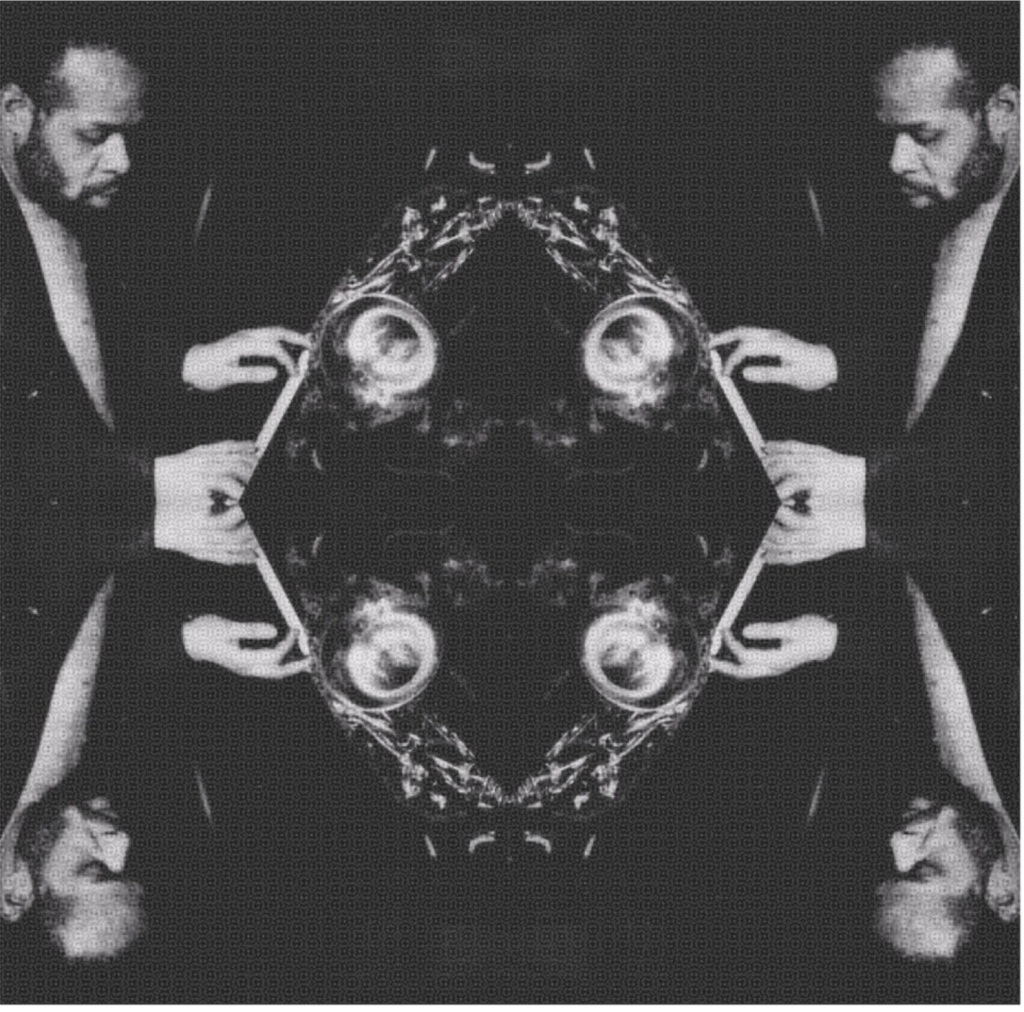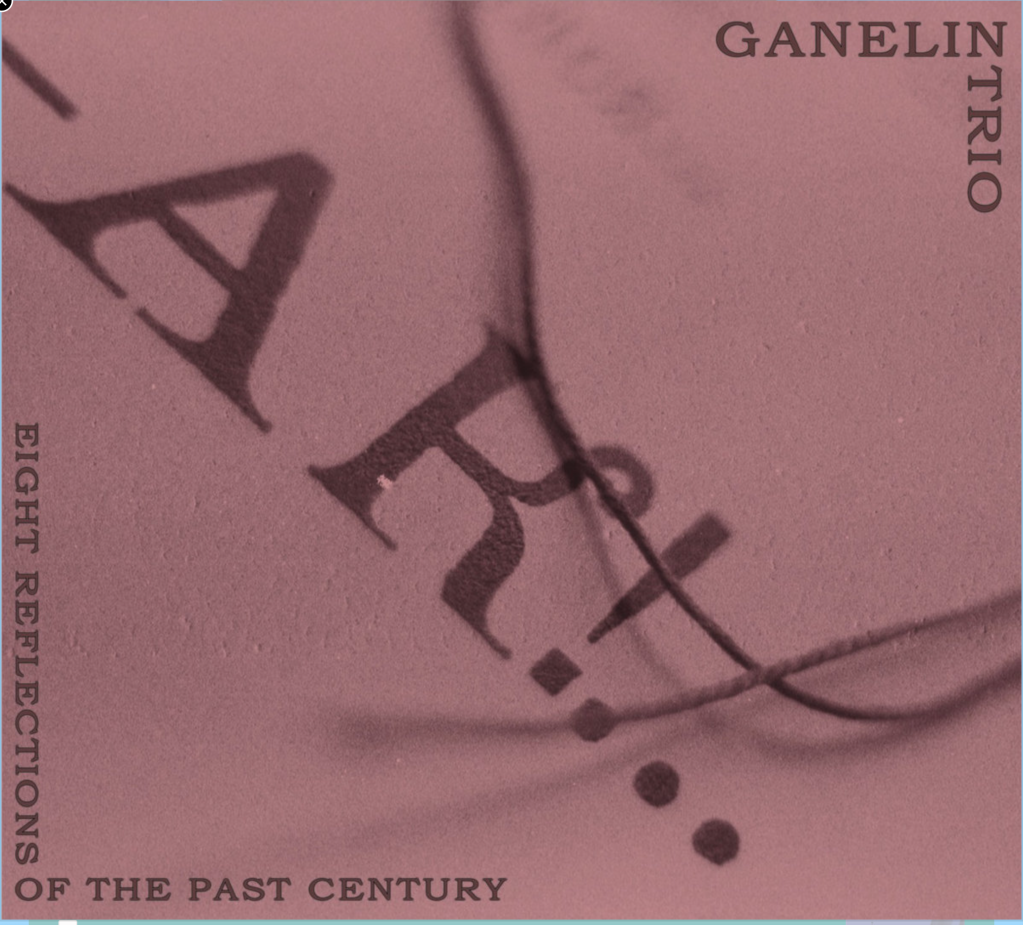It is on the margins that the most interesting discoveries are made. The manifestations are bolder because they are not as beholden to the gravitational centre. Whether freshly minted or previously overlooked, the best of them radiate an eternal essence. Norway and New New Zealand are far from the centre and the musicians performing in the shadows of the Cold War were too. Creating on the margins can even be a blessing and these albums all feel like that to me.
Alex Ventling/Hein Werstguard (Aotearoa, New Zealand/Switzerland/ Norway)

‘In Orbit’ is a freely improvised album recorded in Denmark recently. It is an exploration that teases the sonic possibilities of both instruments, utterly transcending their physical limitations, a duo of prepared piano and guitar. And the consequent freedom arises from in-the-moment imaginings unfettered by restrictive form. It is a very Zen concept and a desired state in Buddhist meditation. In a duo, this requires trust and openness, and as with all such artistry, it occurs when the disciplines of form have been understood and then transcended. To again use Buddhist terminology, form and formlessness are not separate.
The first piece, ‘Overture’, is beguiling, with its painterly spacious soundscapes. It is the perfect first track, opening the listener to what follows. The beauty of the piece is palpable. As the journey unfolds, the focus alters, and the engaged listener is gifted a glimpse of what the musicians see, of things great and small examined in their minutia or marvelled at as they float past like miasma. I like this approach very much, as the stories are as long or short as they should be. Some like delicate miniatures under a magnifying glass, others robust and energy filled. There is much to enjoy in this release. Their journey ahead will be worth following.
This is a direction that many of the more adventurous musicians embark upon, reminding me of how I felt when first encountering the Ganelin Trio or Ivand Aaset. The music speaks of the earth’s highest places, lonely outer edges; of the overlooked things we pass over all too easily, and cerebral locations where interesting ideas grow.
Alex Venting – prepared piano, Hein Werstguard – guitar – released in Trondheim by alexventling.bandcamp.com
I Had The Craziest Dream: Bebop/Hardbop in Postwar London Vol 2

This absolute gem of an album had been released as an adjunct to the 2022 Barbican exhibition titled Postwar Modern: New Art in Brittain. It appeared on Bandcamp last month. The album features various artists, many of them bebop players, covering the period of the mid 1940s through to the late 1950s. This was a time of postwar recovery when few American LPs were available and because of post-war austerity measures, tours by American Musicians were infrequent. Periods of grey austerity often provide fertile breeding grounds for counter-cultures to flourish in London, setting the scene for the youthful embrace of Modernism. While demobbed parents yearned for a peaceful life, their children did not. The new Jazz forms bore little resemblance to the big band swing of their parents, soon a subset of youth flocked to Soho to hear exciting players pushing the boundaries. The Beat-influenced hipsters had arrived.
The Jazz musicians were either London-born locals like Ronnie Scott, Tubby Hayes or Stan Tracey or coloured musicians from the Caribbean British Colonies. Afro-Caribbean musicians like Joe Harriott, Dizzy Reece and Shake Keane, who blazed like comets, and surprisingly, none had learned their craft in the USA. They arrived self-taught, bringing a deep appreciation of Charlie Parker and Dizzy, overlaid with the rhythms of Jamaica or St Vincent. Soho was seedy and a melting pot of cultures. In that environment, exciting music happened.
London’s postwar jazz should have been better known outside of England. The players were world-class, but because of their lower profile often struggled to get cut through. Although it is over 60 years too late, there is a growing appreciation for their contribution. This recording is just a sampling of what is now available on vinyl, CD, streaming apps and Bandcamp. While Ronnie Scott is the best-known Jazz musician from that era, people should check out the recording legacy of Tubby Hayes and Joe Harriott. Both burned out young but left an indelible mark on the musical landscape. Some on the compilation later made it to America, like vibes player/pianist Vic Feldman, who featured on the Miles Davis disk ‘Seven Steps to Heaven’ or the excellent blind pianist Eddie Thompson (who learned to play at a blind institute alongside George Sheering).
The two tracks I posted grabbed my attention. I had forgotten how much I love Bebop and these tracks took me back. On the Tubby Hayes track ‘Blues for Those Who Thus Desire’, I was amazed to learn that he played every instrument on the track except bass and drums. I initially found it hard to believe, but a reviewer later confirmed that Tubby played Baritone Sax, Alto Sax, Tenor Sax, Vibraphone and Piano. It was possibly an out-take and only included in a compilation album much later.
The second posted track featuring Joe Harriott on alto is with the Tony Kinsey Quartet. As they play ‘Fascinating Rhythm’ Joe tears through the head, paring it back to the minimum, gives a quote and then lets forth a flurry of fluid Bebop lines. Joe Harriott always takes my breath away. Later he moved on from Bebop to explore Freejazz and is regarded as a true pioneer of the genre.
The album is available from Death is Not The End. label – deathisnot.bandcamp.com
Ganelin Trio: Eight Reflections of the Past Century

This album was recorded in 1999 and released in 2013 by the avant-garde Israeli label Auris Media. It has recently found its way to Bandcamp and I am delighted to have located it there. I always thought highly of the Ganelin Trio and like many fans of European free music, regarded ‘Slava’ Ganelin as a trailblazer. The trio was once famously described by critic Chris Kelsey, as ‘arguably the world’s greatest Free Jazz Ensemble’. Their undisputed impact is all the more amazing when you consider that the Ganelin Trio were formed in the Soviet Union at a time when Jazz was all but forbidden by the higher authorities.
My first encounter with this engaging music was to purchase ‘Non-Troppo’, followed by ‘Poco-A-Poco’. The Albums were always hard to get, and consequently, the band drifted from my mind. I was therefore delighted when ‘Eight Reflections of the Past Century’ and several other albums appeared on Bandcamp. It is worth checking those and other Ganelin albums on the streaming platforms, or if you’re lucky, finding a rare reissue or second-hand copy.
Ganelin frequently strikes out for new ground and each project sets the bar a little higher. He was never a musician to run out of ideas and nor do the band members. I am sure that this music would trip up many sidemen, but like is traded for like here. Unlike his earlier trios, there is no saxophone. Instead, the leader plays piano and synthesizer, which adds unusual colour to the palette. The album has moments of abandonment, crazy joy and moments of raw beauty. It is one of those albums which wraps itself around you and puts you in a room with the band.
Slava Ganelin and I are roughly the same age, growing up during the Cold War. My viewpoint was from the safest of possible distances, the South Pacific, although the whole experience still terrified and fascinated me. Ganelin’s childhood was spent in Stalin’s Lithuania but in defiance of the restrictions, or perhaps because of them, artistic freedom was embraced to the fullest. I have just finished reading a translation of the Tomasz Stanko biography. Many Soviet-era Polish improvisers also took a similar musical path. The desire for freedom becomes a lifeblood when it is denied. Stanko talks of experiencing freedom through self-directed musical expression and transcendence. While I can only glean fragmentary references about Ganelin’s life as a Jewish man in Soviet Lithuania, his courageous music tells me everything I need to know. This is free music fizzing with soul.
Available from Auris Media @ https://www.records.aurismedia.com/album/eight-reflections-of-the-past-century
JazzLocal32.com is rated as one of the 50 best Jazz Blogs in the world by Feedspot. The author is a professional member of the Jazz Journalists Association, a Judge in the 7VJC International Jazz Competition, a poet & writer. Some of these posts appear on other sites with the author’s permission.